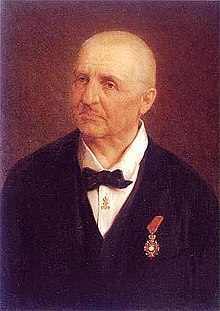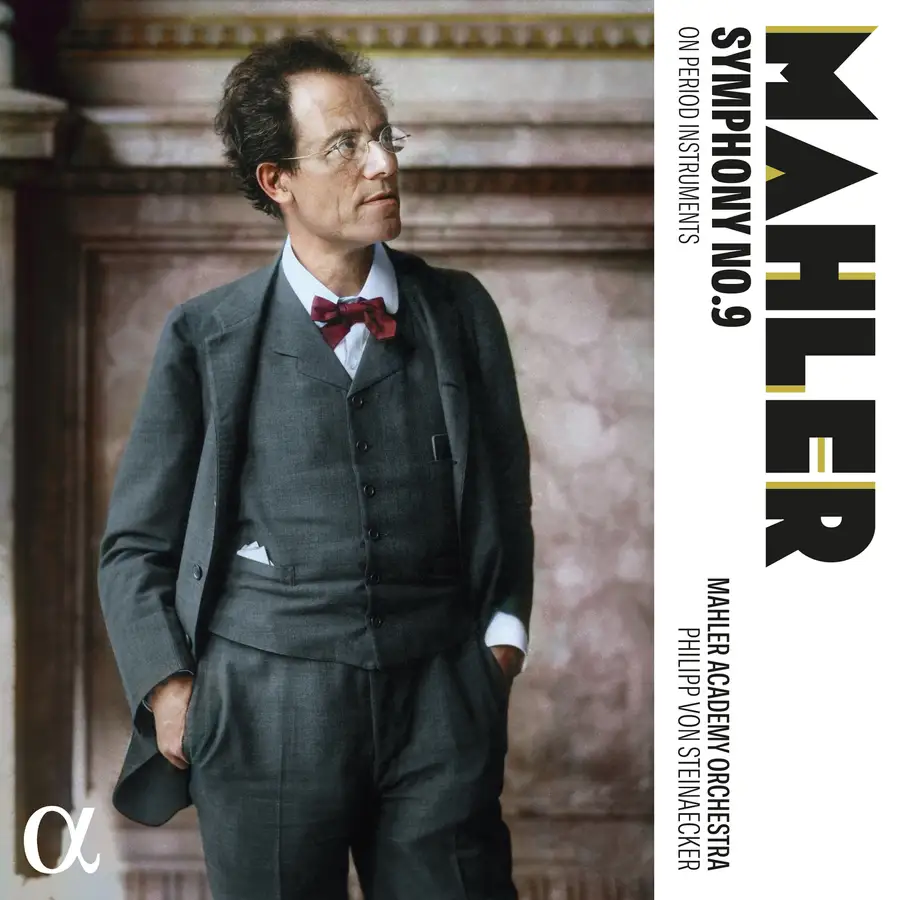Letter from Hong Kong (20-15): Iranian Cinema
How I became a Film Buff For as long as I can remember, films played an important part in my life. Growing up in HK in the 60's, father took us to watch many films from mainland China (nostalgia), including many opera films (father was a seasoned veteran). This was when communist rule was in its early days, when they were still maintaining traditional culture. Then came the cultural revolution, when the regime tore down all facets of tradition, not to mention the film industry. So we went to see western films. Father was not picky, westerns, vampires, everything; in fact I think he just liked to take a nap in darkness. Then he left us for the US for four years during which mother would take us to watch the cheap morning reruns of old movies. By then in my early teens I was able to remember more. The movie theater was right in the middle of the wet market. Uncomfortable wooden seats, and we sat always in the first 3 rows (cheapest). Thus I watched a considerable number of old movies, from early HK kung fu films to classic western films. A few that particularly captured me: Two for the Road for the stunning cars and scenery, and of course the great Audrey Hepburn; Hamlet (Laurence Olivier) for its brooding atmosphere and headache I incurred from seating so close; and since it was early puberty, Solomon, for the voluptuous Gina Lollobrigida (you know what I was focusing on). When I got to NYC, I had terrible jet lag and ended up watching all the Late Shows and Late late Shows. That was how I got to know many of the old films (I had a particular preference for B movies, especially those starring Alan Ladd and Veronica Lake). In college I was working at one of the first Szechuan (Sichuan) restaurants in NYC (Szechuan Omei on 72nd St) and there was a revival house nearby (close to the Ansonia on Broadway). It was dirt cheap: 10 tickets for $12.50. Imagine the bafflement of someone in his late teens watching for the first time films of Luis Brunel and Ingmar Bergman! But that triggered my life-long penchant for art films, which continued at Carnegie Hall and Bleecker Street Cinemas. In many ways, I was like the protagonist of the novel The Moviegoer, by Walker Percy (unjustly forgotten but available in the library), a lonely young man seeking refuge in the cinema.
NYC is one of the greatest place for a film buff. Beside the cinemas, which show a lot of the foreign films that I like, there is the Museum of Modern Art, which curates great retrospectives. That was how I got to watch the early films of Andrei Tarkovsky and many more. Hong Kong was not that great but I managed to catch a few.
My enthusiasm for Iranian films started in the 90's with Abbas Kiarostami, having watched at least Life, and Nothing More, Through the Olive Trees, Taste of Cherry and The Wind will Carry Us. Then followed his protege Jafar Panahi, who people most associate with the movie The White Balloon. There were others but this is not meant to be exhaustive.
Why am I suddenly writing about this? Because yesterday the movie channel showed Panahi's film Taxi (Tehran), which I had seen before. I enjoyed it so very much the second time and of course it is the best movie I had watched during my quarantine (so many junk films; I don't think I can watch another gangster or kung fu film for a while). In this film, I particularly enjoy the sequence with the Taxi driver's niece, actually the niece of Panahi, Hana Saeidi. Panahi had been banned from filming yet he continues to do it, and he breaks his confinement too. Saeidi actually represented him to receive the Golden Bear (here is an interview). What a radiantly beautiful young lady! And the lawyer is a real human rights lawyer!
Iranian films are striking for what they achieve at next-to-zero budgets. A film probably costs less than a minute of a Hollywood sequence. But the real achievement lies in their laser-sharp probe into the human condition. A humanistic concern that has little parallel in the world of cinema. And the realism and sincerity are striking. The films are not sentimental at all, never manipulated, but frequently I find myself breaking into tears. Yes, beauty of the soul and genuineness moves me, especially since our world in the US (and elsewhere) now is so full of hypocrisy, ugliness and empty slogans. More people should be watching these films.
I actually haven't gone to the cinema for at least 10 years. I caught some of these films on Chinese streaming services. That's how I got to watch Taxi the first time. Two other excellent films are A Separation and The Salesman

















This post should be welcome with a standing ovation. Abbas Kiarostami is one of the greatest film directors of all time. And as hard as I found it to believe before watching The Circle some years ago, Jafar Panahi is almost as great. While not reaching the subtleties and intricacies of AK narrative (Close-up is an absolute masterpiece in this regard, and to my eyes the stunning Certified Copy is another) he has the same ability to put reality itself into the moving picture. To my eyes they have taken the cinematic truth of Italian Neorealism to the next level. And they are as yet unsurpassed in this regard. Kiarostami has also to be credited for the greatest dialogue scenes inside cars ever seen. I also agree with you that A separation (another favorite of mine) is also a great movie, and a very interesting insight into present day Iran and various issues concerning modern families in an islamic republic. I often think that Iranian cinema has been the best cinema since the 1990's, with a few notable exceptions.
ReplyDeleteI don't understand why watch Iranian films when there are Russians (for example, about America) ... the subtitles are fast, but someone will appreciate good humor
ReplyDeletehttps://youtu.be/4JZzsIncaVo?list=LL&t=6
https://uaclips.com/video/7Is5bBBTj-8/the-quack-znachor-rez-jerzy-hoffman-english-subtitles.html
ReplyDeleteZnachor / The Quack (1981) English subtitles
whoever needs it will find it (you can probably download or buy it somewhere in good quality)
https://www.youtube.com/watch?v=iueQ3yBISco
ReplyDeletea very famous film, in my opinion extremely evil ...
In Russia, the etymology of the word CULTURE - comes from the word CULT (honor and care for ancestors) ... but on this island what ???
https://youtu.be/0PpcLirEjcY
ReplyDeleteChinese Masterpiece - Movie Hero (2002) ...
The brilliant writer (Fyodor Dostoevsky) through the lips of a literary hero said: "beauty will save the world" ...
ReplyDeleteI think it can happen the other way around - look at this video through the eyes of Bill Gates, Elon Musk - these were ordinary guys (without special knowledge and a personality full of passions) who were bombarded with gigantic money and now they felt like the masters of life ... (I'm even silent about clans of Baruch, Rockefeller, Morgan and others) ...
This is the kind of life they want for their children ... but the problem is that China and India are nearby (these are 3 billion people) ...
https://www.youtube.com/watch?v=-oFjp2vWGgQ&list=LL&index=2
covid 19 - solution to the problem? first try ?
https://www.youtube.com/watch?v=8knIUaTyamw
https://youtu.be/-oFjp2vWGgQ?list=LL&t=5
Delete(link 1 doesn't work - I duplicate it)
Russian cinema has in fact provided some notable exceptions. Aleksandr Sokurov is a giant. Russian Ark and Faust are masterpieces and surely deserve immortality.
ReplyDeleteMy idol is Tarkovsky.
Deleteif you want to see the bastard - look among those Russian directors who receive prizes and awards in the west (after 1991) ...
DeleteI understand that you simply do not know anything, and having accidentally watched some film (possibly successful, based on some work or on a neutral topic), you made conclusions (((.
How can I explain it to you? - a rotten tree will not bear good fruit ...
The lamp does not light if it is not plugged into the socket ... If a character's umbilical cord with the "soul of the people" is torn, he is by himself (and often even an enemy) and should not be associated with the face of the nation.
It is so refreshing to see a piece on cinema in an audiophile blog! I wholeheartedly agree that before his death few years ago Abbas Kiarostami was one of the greatest living filmmakers in the world. Perhaps no filmmakers are more prominent in the film festival circuit in the 90's than Kiarostami and the Taiwanese master Hou Hsiao-Hsien. Not coincidently that their works crossed path in the use of documentary technics in examining the daily life of ordinary people. I would highly recommend watching a triple bill of Kiarostami's "Close-Up"(1990) and Hou's "Puppetmaster"(1993) and Victor Erice's "The Quince Tree Sun"(1992) in terms of employing documentary style in a narrative film. All highly recommended.
ReplyDeletePS, Erice also directed the classic "Spirit of the Beehive." Sublime.
Wow, it's great to have another film buff here! Hou is great indeed - his portrait of young and poor migrant workers is also particularly touching in "The Boys from Feng Kuei".
Delete